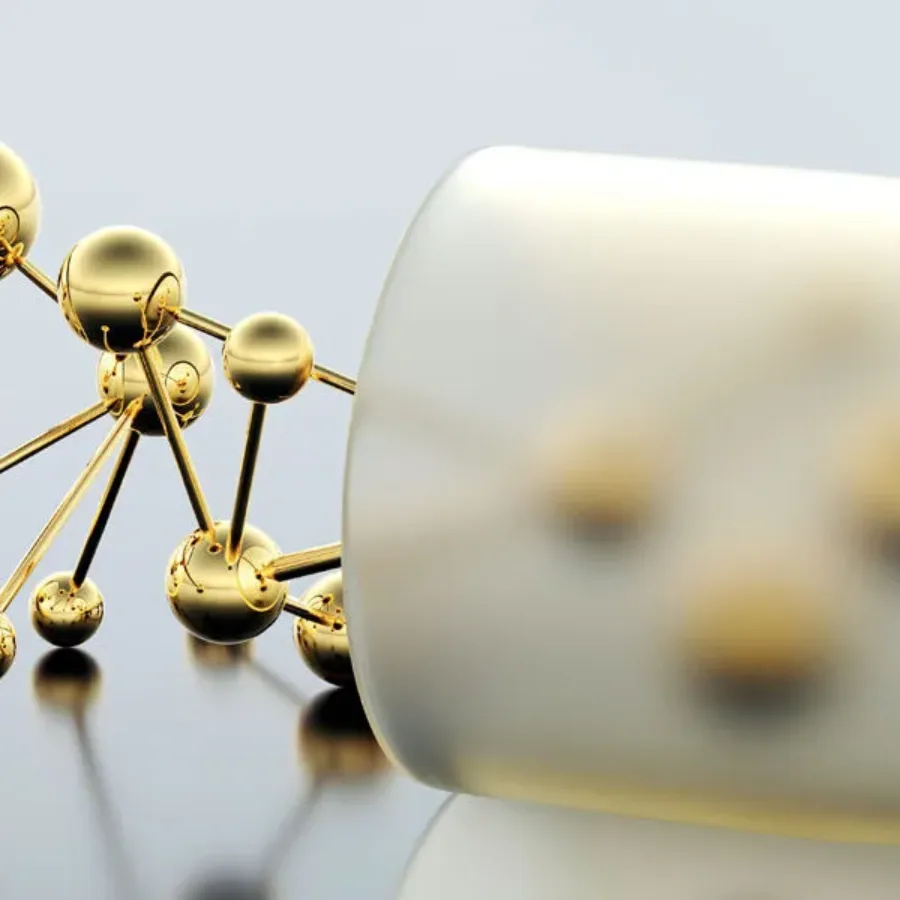Posts by Dawn Dufield, Ph.D.
Previously she had been with Pfizer and legacy companies for over 20 years working in the quantitative LC-MS/MS field. She was one of the early pioneers of using immunoaffinity combined with LC-MS/MS to offer additional selectivity which is now commonly referred to as Hybrid LCMS. She has numerous publications and presentations in her field and recently contributed to a white paper on recommendations for validation of LCMS based bioanalytical methods for protein biotherapeutics.
 Blogs
Blogs
Due to the relative maturity of the technology, most people’s instinct when thinking about bioanalysis of large molecules is towards ligand binding assays. However, we urge people to be open to a more flexible approach. Using hybrid LC-MS/MS can be an equally useful tool for quantitation of biological therapeutics and…
 Blogs
Blogs
There has been an increasing focus on large molecule therapeutics and pharmaceutical companies have increasingly aligned their development pipelines in that direction. This has resulted in more biological therapeutics coming to market. Last year,…
 Blogs
Blogs
Biomarkers are key drivers in the drug development process. Frequently, developing a panel of biomarkers to test a particular mechanism or hypothesis is critical to the success of a drug. At KCAS, we develop assays for custom panels or individual biomarkers based on client needs and can also assist with…
 Blogs
Blogs
Biomarker are key drivers in the drug development process. Frequently, developing a panel of biomarkers to test a particular mechanism or hypothesis is critical to the success of a drug. At KCAS, we develop assays for custom panels or individual biomarkers based on client needs and can also assist with…